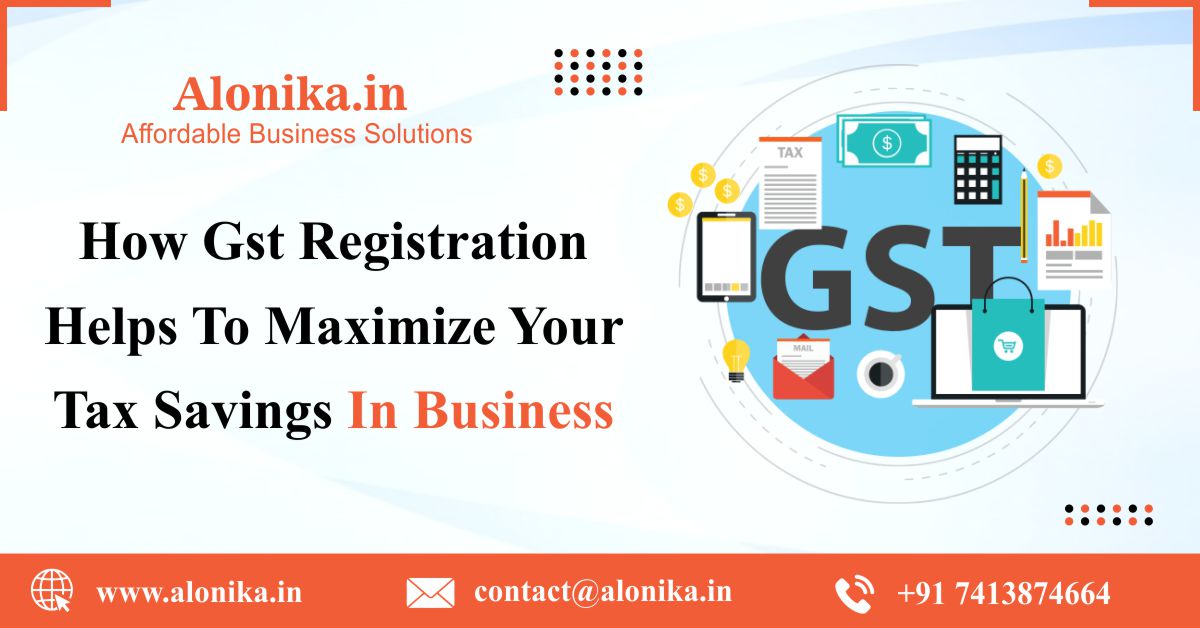Discovering Trustworthy and Effective Best GST Registration Services in Singapore
Discovering Trustworthy and Effective Best GST Registration Services in Singapore
Blog Article
From Beginning To End: The Ultimate Roadmap to GST Enrollment for Businesses Seeking Financial Stability
Browsing the intricacies of Goods and Services Tax (GST) enrollment is a vital step for organizations pursuing economic security. From comprehending the basic principles of GST to abiding with post-registration standards, the procedure can appear intimidating initially glance. Nevertheless, breaking down the roadmap right into convenient actions can simplify the registration trip for services looking to improve their economic standing. Let's check out the vital elements that compose this best roadmap and discover just how each phase adds to laying a strong structure for financial success.
Recognizing GST Basics
Exploring the fundamental principles of Product and Provider Tax Obligation (GST) is crucial for obtaining a comprehensive understanding of its ramifications on companies and the economic climate. GST is a value-added tax imposed on the majority of items and solutions for residential intake. It has changed multiple indirect tax obligations that existed in the pre-GST era, enhancing the tax structure and boosting convenience of doing organization in India. Under the GST system, both items and solutions are tired at a certain rate, which is established based upon their classification. If their annual turn over surpasses the threshold limit established by the federal government, services are required to sign up for GST. Input Tax Debt (ITC) is a substantial function of GST, allowing services to declare credit report for taxes paid on inputs, decreasing the general tax obligation concern. Understanding the essentials of GST is vital for companies to abide by tax guidelines, manage their finances successfully, and contribute to the country's economic development by taking part in a clear tax obligation system.
Qualification Criteria for Registration
As of the present laws, the threshold restriction for GST registration is a yearly accumulation turnover of 40 lakhs for companies running within a state, except for unique classification states where the limit is 20 lakhs. In addition, certain organizations are required to sign up for GST irrespective of their turn over, such as interstate providers, informal taxed individuals, and companies accountable to pay tax under the reverse charge device. It is important for businesses to completely evaluate their turn over and transaction kinds to establish their GST registration commitments accurately.
Files Needed for Registration
Having actually fulfilled the eligibility criteria for GST registration, services should now guarantee they have the requisite files in place to proceed with the enrollment process successfully. The papers needed for GST registration typically consist of proof of service constitution, such as partnership action, enrollment certificate, or incorporation certification for various kinds of companies. In addition, services require to supply records developing the principal location of business, such as a rental contract or electrical power bill.
Step-by-Step Registration Refine
Commencing the GST enrollment process includes a series of organized actions to make sure a certified and smooth registration for organizations. The initial step is to check out the GST website and submit the enrollment form with precise details of business entity. Check Out Your URL Following this, the applicant gets a Short-term Referral Number (TRN) which is used to return to the application process if it's not finished in one go.
Following, all required documents according to the list supplied by the GST portal demand to be submitted. These records commonly include evidence of service enrollment, address and identification proofs of marketers, monetary declarations, and organization entity's frying pan card.

Post-Registration Conformity Standards

Verdict
To conclude, organizations looking for monetary stability should understand the fundamentals of GST, meet eligibility criteria, gather required papers, follow the detailed registration process, and adhere to post-registration guidelines - Best GST registration services in Singapore. By sticking to additional reading these actions, companies can guarantee conformity with tax regulations and maintain economic security over time
Furthermore, specific companies are required to sign up for GST irrespective of their turn over, such as interstate providers, laid-back taxable individuals, and organizations accountable to pay tax obligation under the reverse fee system.Having actually satisfied the qualification criteria for GST enrollment, businesses must currently ensure they have the requisite files in place to proceed with the enrollment process effectively. The files needed for GST enrollment normally include evidence of business constitution, such as partnership act, registration certification, or consolidation certification for different kinds of companies. In addition, companies require to offer records establishing the major place of company, such as a rental contract or electrical power costs.Commencing the GST registration procedure includes a series of organized steps to make sure a seamless and compliant enrollment for organizations.
Report this page